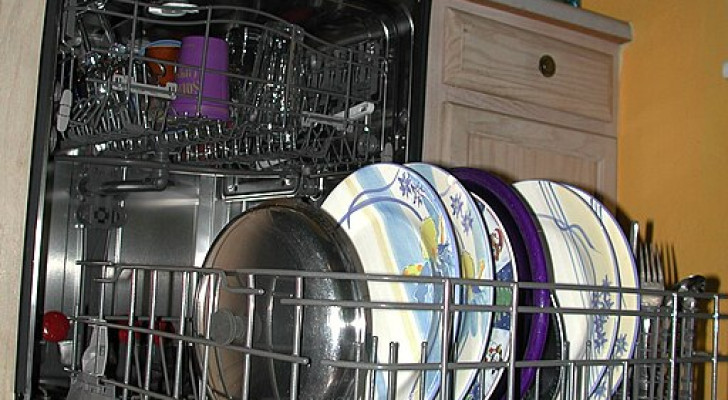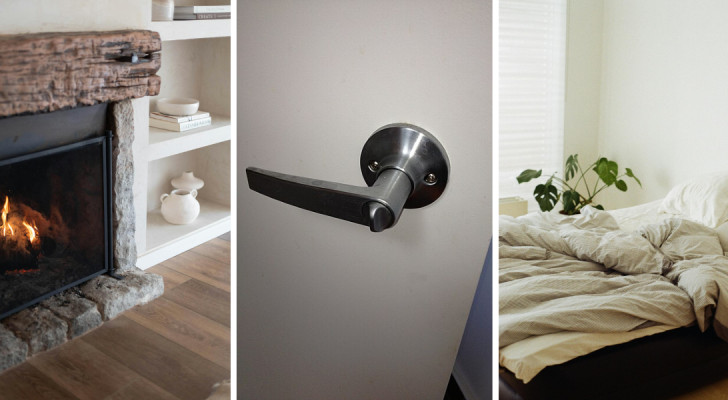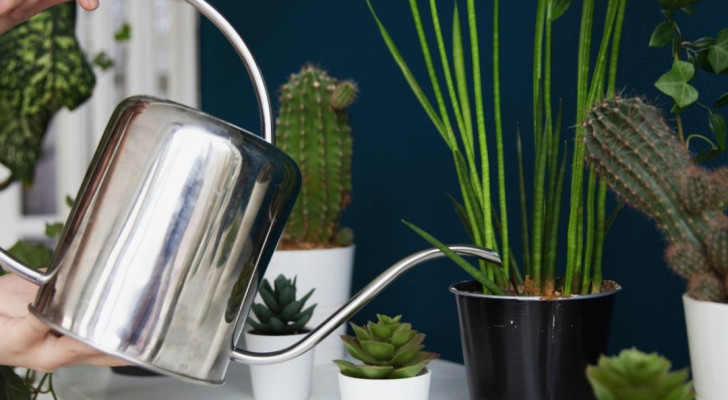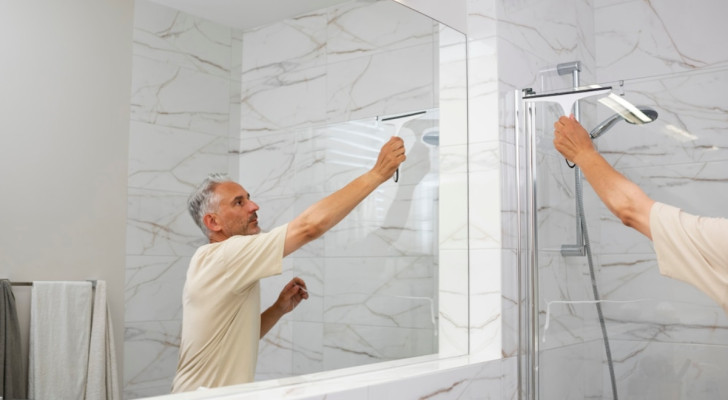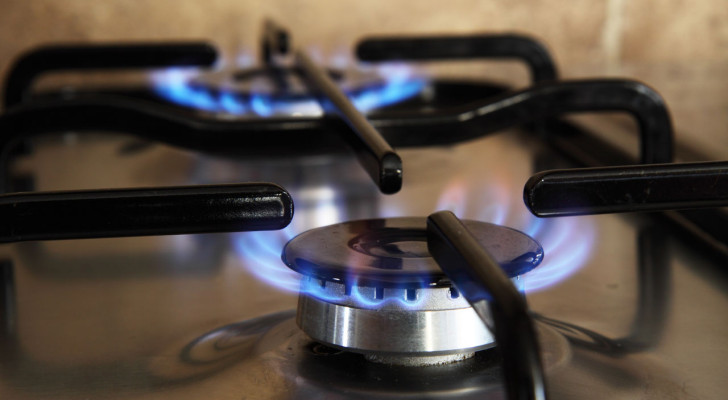Saving energy: tips on how to reduce your energy consumption at home and save money
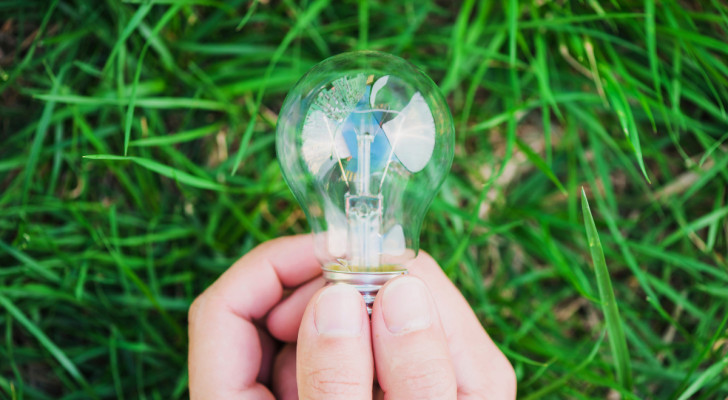
Freepik
Advertisement
In recent years, there has been an increasing focus on saving energy - not only due to rising costs, but also to protect the environment. And we can help save energy by adopting some simple measures in our homes (and gardens), and which we outline in the short guide below:
Reduce your energy consumption at home
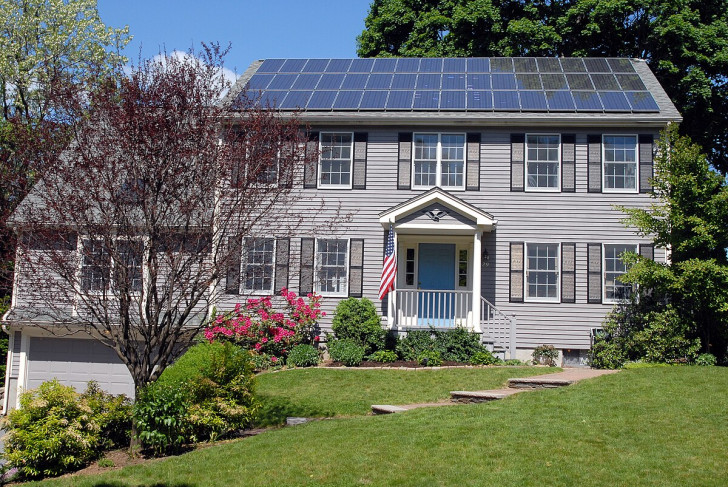
Some tips for reducing energy consumption at home include:
- taking showers instead of baths to reduce water consumption;
- replacing old, incandescent light bulbs with low-consumption, LED light bulbs;
- optimize the use of natural lighting that enters the home, rather than using electric lights;
- hang out clothes to dry outside whenever possible, avoiding use of the tumble dryer;
- limit the use of air conditioners by opening windows at night to cool down the rooms, setting them to higher temperatures or only using their dehumidifier function;
- optimize the use of washing machines and dishwashers by ensuring they have full loads and selecting short or eco-friendly wash cycles;
- turn off all electrical devices when not in use (including turning off the stand-by function);
- fill the refrigerator, avoiding opening it unnecessarily (or for too long) and set it to the recommended temperature;
- reduce the use of your clothes iron by putting your washing on anti-wrinkle programs and hanging them up properly to dry.
There are also other measures that you can adopt if you're renovating your home:
- replace old appliances with new models that have A+ energy class;
- replace old windows with double-glazing and draft-proof frames which will help to insulate your home;
- install aerators into your faucets to help save on water consumption;
- use wastewater or rainwater recycling systems for flushing your toilets;
- install a modern thermostat, setting it to a lower temperature (ideally 19 degrees C) to save on power consumption during the winter;
- install solar panels to provide electrical power to you home.
Advertisement
Reducing energy consumption in the garden
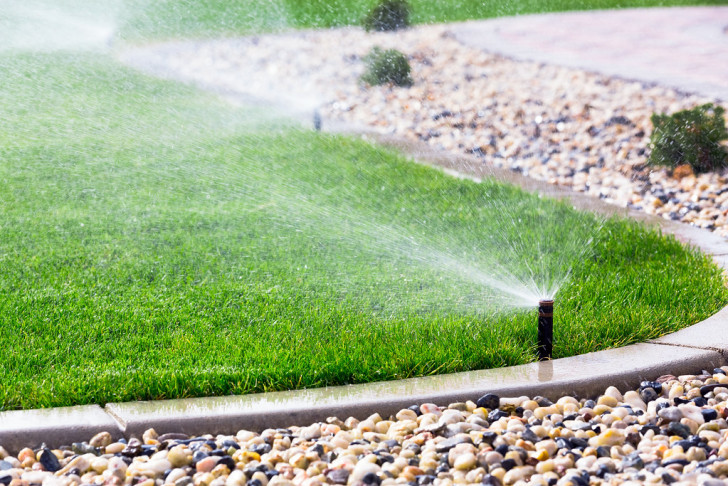
You can also adopt various strategies in the garden to optimize your energy consumption:
- although tropical/non-endemic plant species can be beautiful, for a low-energy consumption garden it's best to select endemic plants which are already adapted to the climate of the local area and will require less water and have lower climate protection needs;
- use solar-powered/charged lights to illuminate your outdoor spaces at night;
- use motion sensors/smart-lights to reduce the need for lighting to be on when it's not necessary;
- to fertilize your vegetable patch and garden plants, use a home composter so you can recycle your organic waste and reduce your need for commercial fertilizers;
- install rainwater recovery systems to collect run-off in underground storage tanks;
- optimize watering your plants by doing it early in the mornings, which will ensure the water reaches their roots before evaporating ;
- finally, use trees to shade your garden and climbing plants to help protect/insulate the external walls of your homes from extreme heat and cold.
What strategies have you adopted to reduce your energy consumption?
Advertisement
